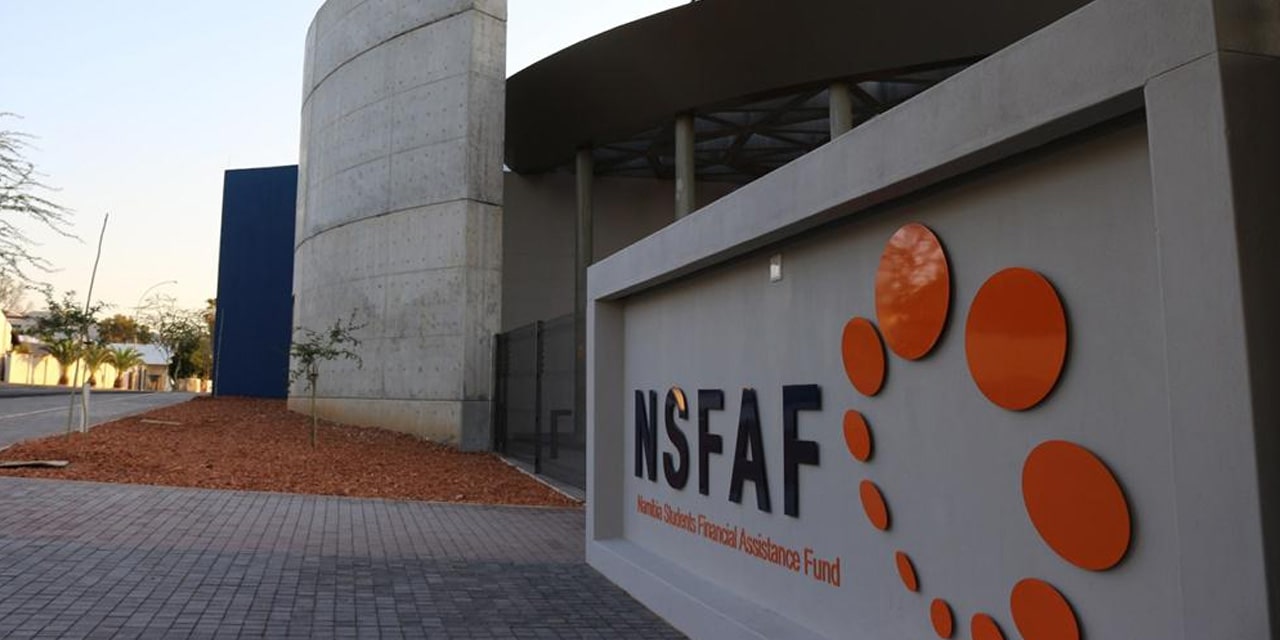Justicia Shipena
The government will dispose of 1 500 vehicles that have exceeded both their age and mileage limits under the government fleet policy.
Works and transport minister Veikko Nekundi announced this in Parliament on Wednesday.
He said the process is aimed at cutting costs and improving efficiency in state transport operations.
“The government fleet across our ministries, agencies, and regions has experienced significant ageing over the past decade, necessitating an urgent and comprehensive phase-out and renewal programme,” Nekundi said.
The policy requires vehicles to be replaced after five years of service or once they have clocked 120 000 kilometres.
However, many of the current vehicles were procured in or before 2014, meaning they have been in service for more than 10 years.
“These aged vehicles have not merely exceeded their optimal economic lifespan; they have progressively evolved into a growing financial liability to the state,” Nekundi said.
He noted that the old fleet has led to rising maintenance costs, frequent breakdowns, and safety concerns for public servants.
He added that service delivery has been affected as breakdowns cause delays and increase downtime.
“The unreliability of this ageing fleet has resulted in increased operational downtime, creating ripple effects that negatively impact service delivery across all ministries, agencies, and regions,” he said.
In addition to the 1 500 vehicles earmarked for disposal, 306 vehicles were already auctioned between 16 June and 3 September 2025.
The 40 auctions generated N$24.94 million in revenue for the state.
“The results of 40 public auctions conducted countrywide have exceeded our initial projections and validate the soundness of our strategic approach,” Nekundi said.
He explained that proceeds would be used to replenish the fleet and support other national priorities.
He assured parliament that the disposal process will follow the established framework and remain transparent.
He urged lawmakers and the public to support the ministry in restoring confidence in fleet management.
In March this year, the ministry announced plans to procure 20 Toyota Prados to supplement the fleet.
Works and transport executive director Esther Kaapanda defended the decision, saying the N$26 million purchase would avoid the high cost of maintaining old cars.
She said, maintaining the current fleet had become expensive and unsustainable.
In the 2023/24 financial year, the ministry was allocated N$25 million for vehicle procurement.
From that amount, it bought 32 pool vehicles: two Toyota Land Cruisers and 30 Toyota Fortuners. Pool vehicles are not assigned to individuals but are shared across ministries.
During the 2023/24 financial year, the government garage did not procure vehicles for public office-bearers, whose tenures ended in March.
Earlier this year, Nekundi ordered all government garages to provide a list of redundant vehicles within two weeks.
In 2023, the ministry auctioned off old, unused vehicles, generating over N$105 million.
Last year, some regional governors asked the government to lift the ban on buying vehicles for public officials and upgrade travel allowance rates.
The ban, introduced in 2020 by former president Hage Geingob as a cost-cutting measure, restricted the purchase of vehicles for political office-bearers. It was lifted in August 2024.
The ministry clarified that the moratorium only prohibited the purchase of 4x4s and sedans by senior officials, such as ministers and their deputies, but did not apply to vehicles needed for service delivery.
Two years ago, opposition lawmakers raised concerns about the cabinet’s decision to allow the ministry to purchase 32 vehicles for N$25 million for the 2023/24 financial year, saying it contradicted the moratorium in place at the time.




